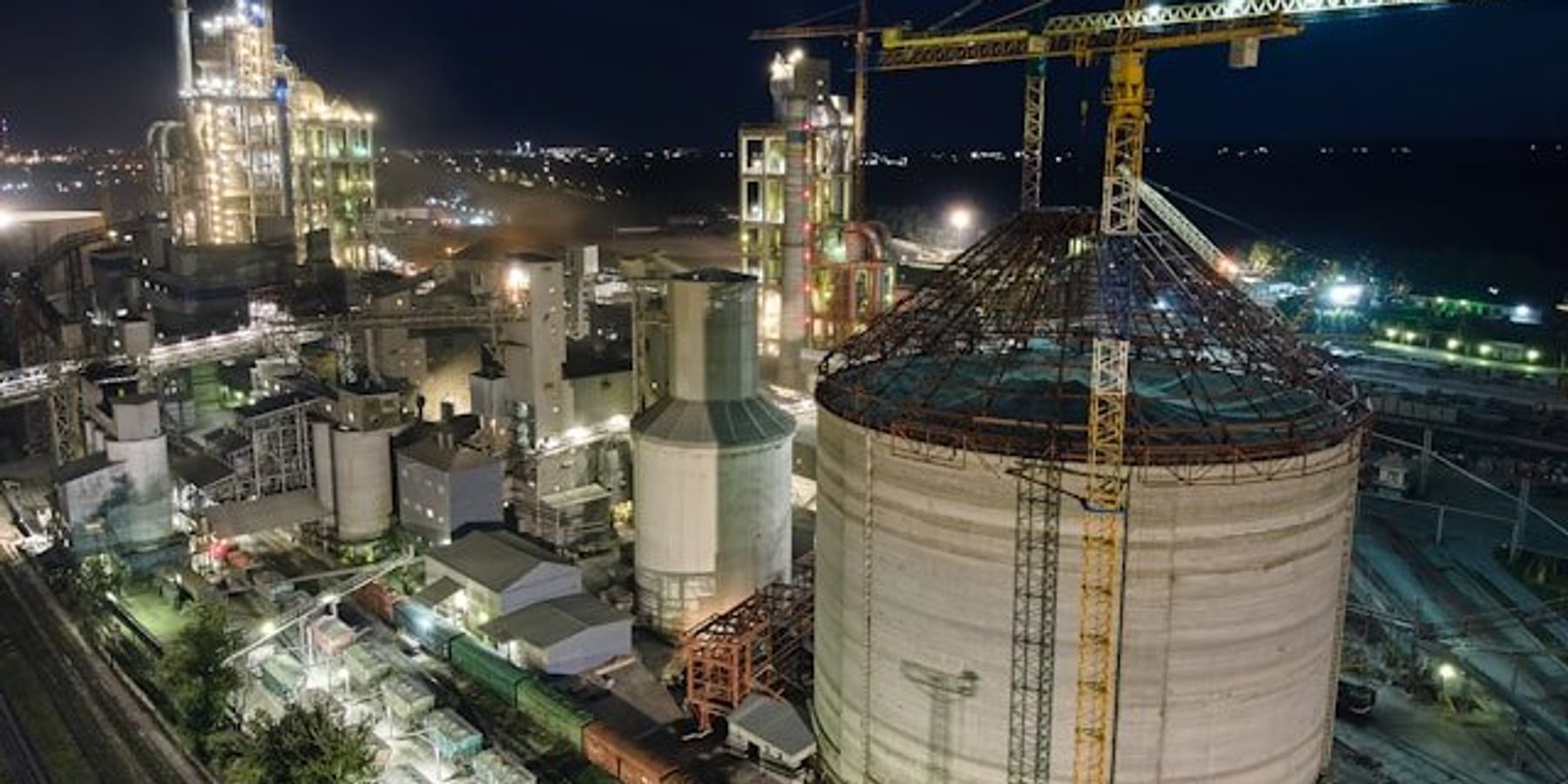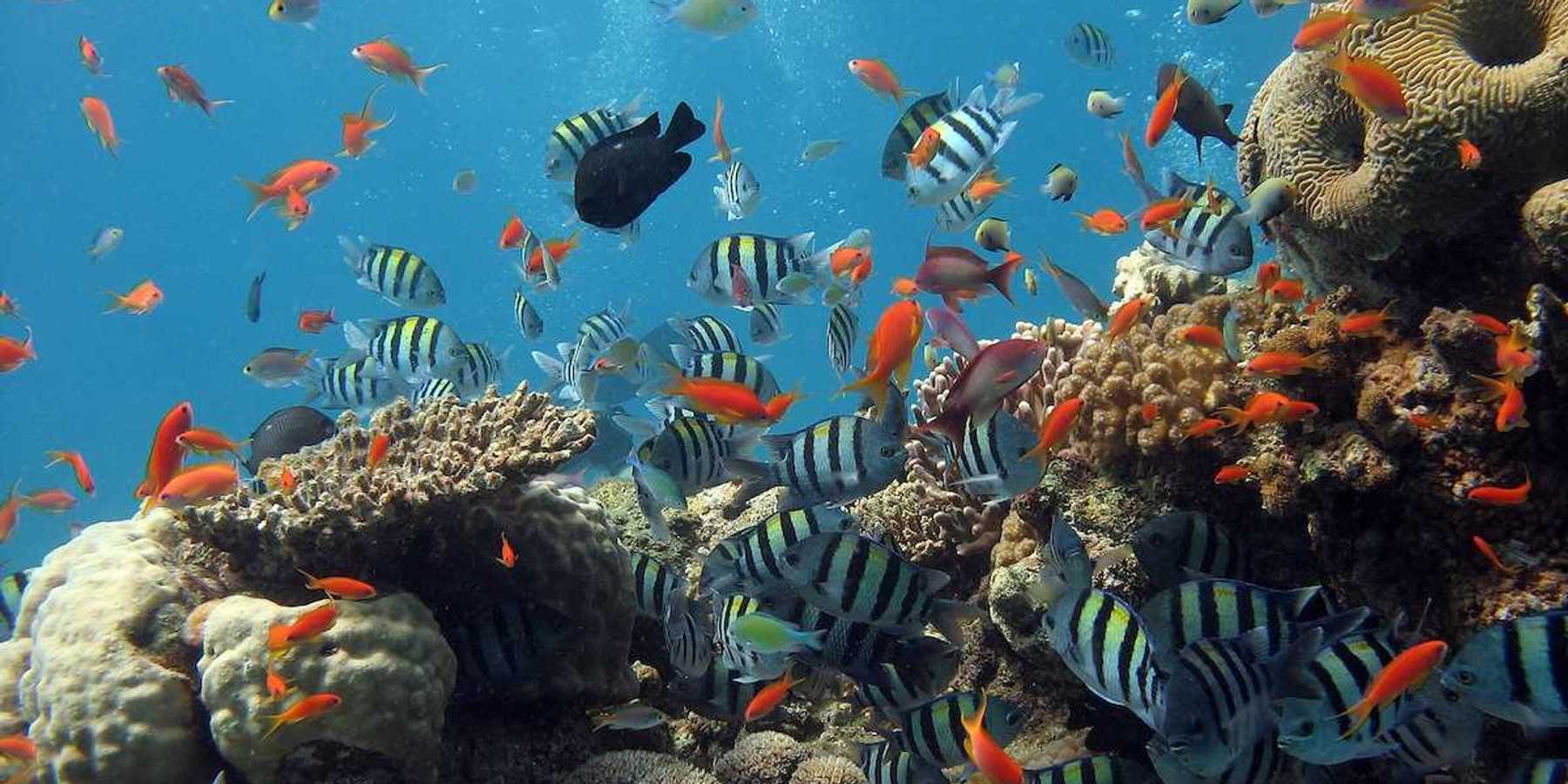
Refinery shutdown in Los Angeles leaves behind massive toxic cleanup with few clear answers
A century-old oil refinery in Los Angeles will close by year’s end, but a massive underground plume of toxic sludge and chemicals — including PFAS — threatens groundwater and public health with no binding cleanup plan or cost disclosure requirements in place.
Aaron Cantú reports for Capital & Main.
In short:
- Phillips 66 plans to shutter its Los Angeles refinery complex, where decades of buried oil waste, acid sludge, and fire-fighting foam have created a vast underground “lake” of contamination extending more than 16 feet deep in places.
- Groundwater tests show pollutants like benzene, lead, and PFAS have leached into aquifers connected to drinking water sources. Monitoring wells near residential areas have repeatedly found elevated levels of gasoline additives.
- California regulators say their oversight is limited, and cleanup cost estimates rely solely on Phillips 66, which reported a $908 million loss on the site last year and is not required to set aside dedicated cleanup funds.
Key quote:
“It is a huge problem that there is currently no disclosure requirement concerning the actual cost.”
— Ann Alexander, environmental policy consultant at Devonshire Strategies
Why this matters:
As California accelerates its shift to renewable energy, more oil refineries are expected to close — but the toxic legacy left behind may linger for decades. Many refineries sit atop aquifers that supply drinking water to nearby communities. Chemicals like PFAS and benzene don’t degrade and can migrate underground or into homes through vapor intrusion. Without enforceable financial guarantees or coordinated oversight, companies may walk away from multibillion-dollar liabilities, leaving taxpayers to foot the bill. In places like South Los Angeles, which already shoulder the health burdens of industrial pollution, the risk of unremediated contamination deepens longstanding environmental injustices.
Read more: Phillips 66 faces felony charges for dumping oil-tainted wastewater in Los Angeles













